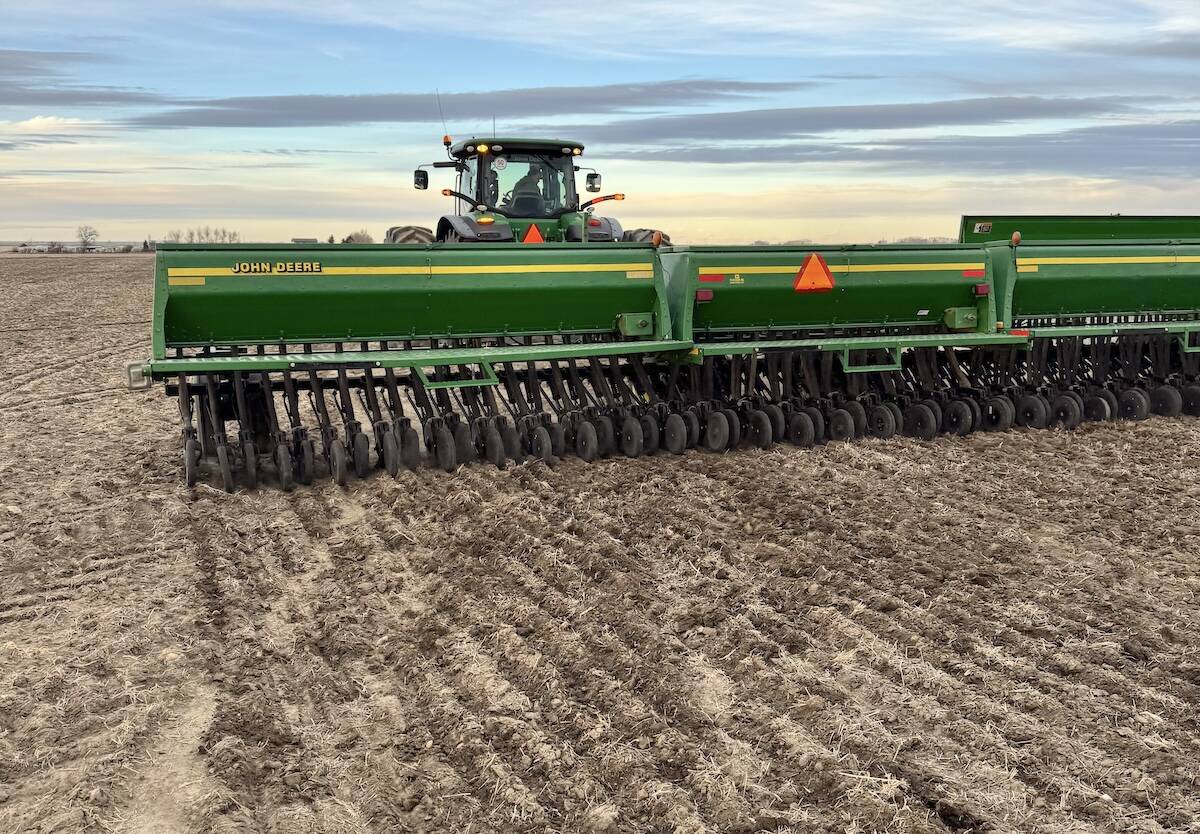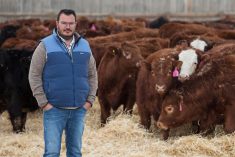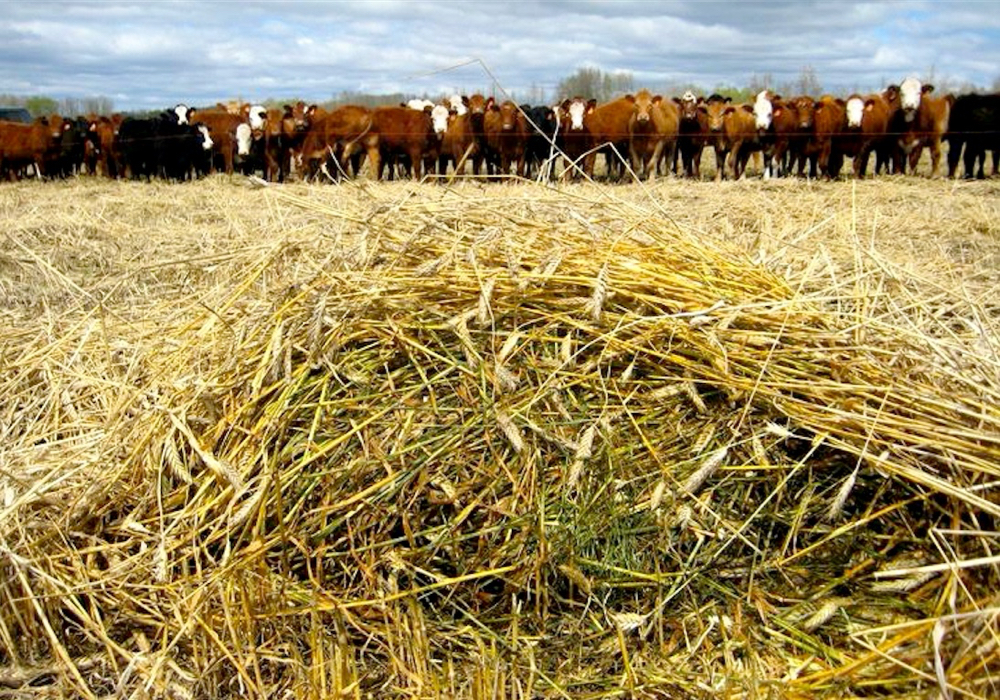Doug Chorney has some advice for Alberta farmers who are nervous about upcoming changes to health and safety regulations: “Don’t be scared of having the conversation.”
“You’re better off having the conversation with government rather than just waiting for regulations to come in without your input,” said Chorney, past president of Keystone Agricultural Producers, Manitoba’s main farm group.
“Farmers bring a lot of perspectives to the discussion that are unique to our workplace. We can’t rely on people who haven’t got an understanding of agriculture to make decisions for us.”
When the Manitoba government extended mandatory workers’ compensation coverage to agricultural operations in 2009, his group strongly lobbied for changes that would work for Manitoba farms.
“We’ve made a lot of improvements because of Keystone Agricultural Producers being at the table and discussing the best way to implement change,” said Chorney.
- More on the Alberta Farmer: Farm leaders say workers’ compensation coverage is a good thing
“That just speaks to the importance of having good farm lobby organizations representing producers.”

Right now in Alberta, Agriculture and Forestry Minister Oneil Carlier is consulting with farm groups about changes to workers’ compensation and Occupational Health and Safety regulations.
“He’s open to everything. He’s not ruling out anything,” said Lynn Jacobson, president of the Alberta Federation of Agriculture. “He wants to work for a solution for agriculture that works for the majority of producers.”
A ‘one-size-fits-all’ approach won’t work for agriculture, he said, because a farm is very different from other workplaces.
“There’s differences between us and an oilfield operation. There’s differences between us and construction. Those differences have to be taken into account,” said Jacobson.
“By being at the table and presenting the differences, I think we can develop rules and regulations that will fit a farm.”
Read Also

From winter soil to bountiful crops: Alberta’s ultra-early seeding experiment
Southern Alberta farmers are putting research into practice, pushing ahead traditional seeding times by months for spring wheat and durum.
For example, the farmyard is also the homestead on most operations. That not only blurs the line between work and home life, but ups the risk for family members.
“In a lot of cases, it’s… our children, our grandfathers, our uncles — the oldest and youngest are most vulnerable on farms,” said Chorney.
It’s expected changes to workers’ compensation regulations will be on cabinet’s agenda this fall. When details of proposed changes become public, Alberta farmers should “keep an open mind,” said Jacobson.
“Don’t be scared of any legislation coming down,” he said. “You’re going to have agriculture’s voices at the table, and the government seems to be willing to fit the programs to agriculture.”
Producers also have to accept that workers’ compensation coverage is a “modern reality of the workplace,” said Chorney.
















